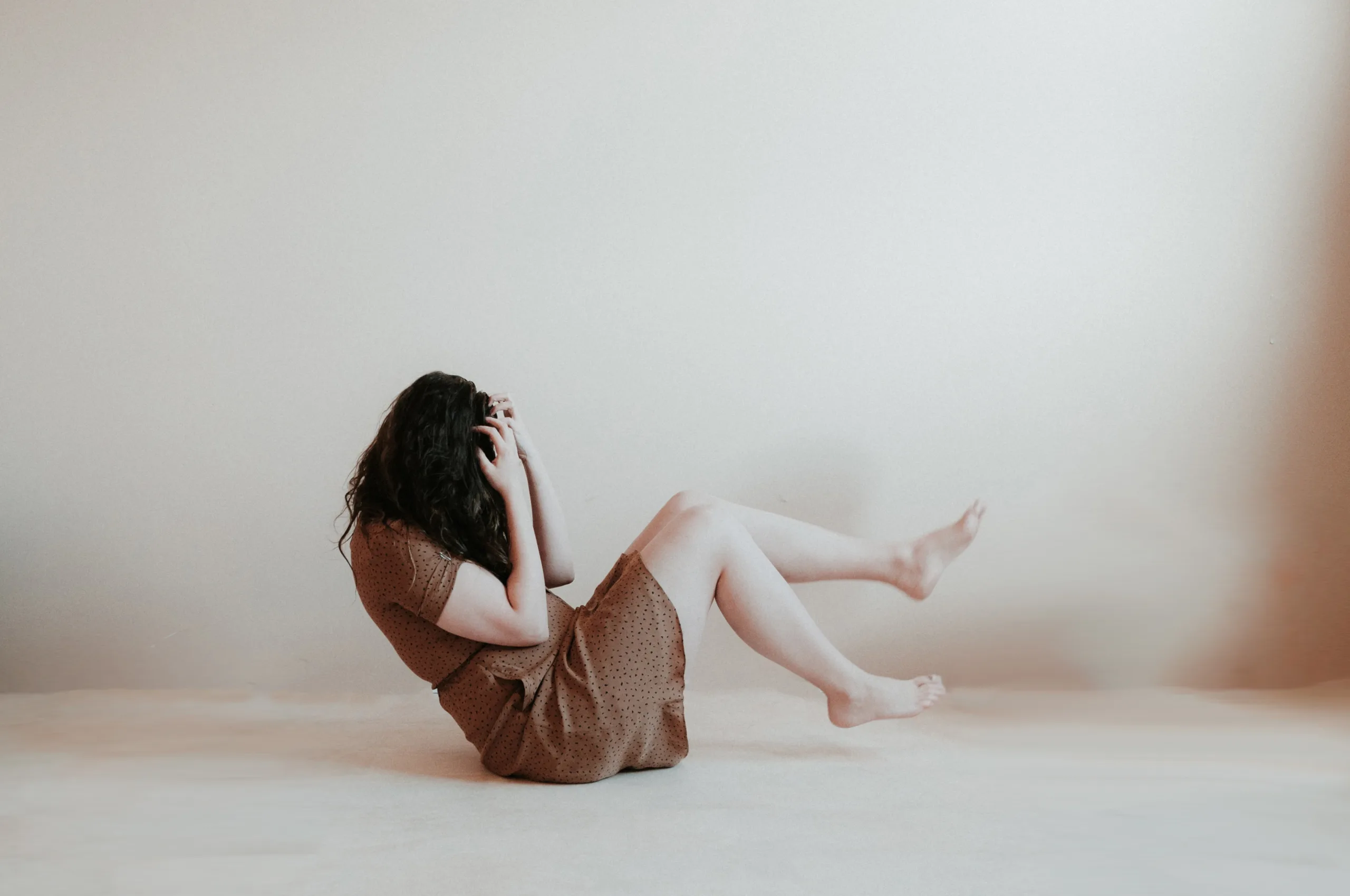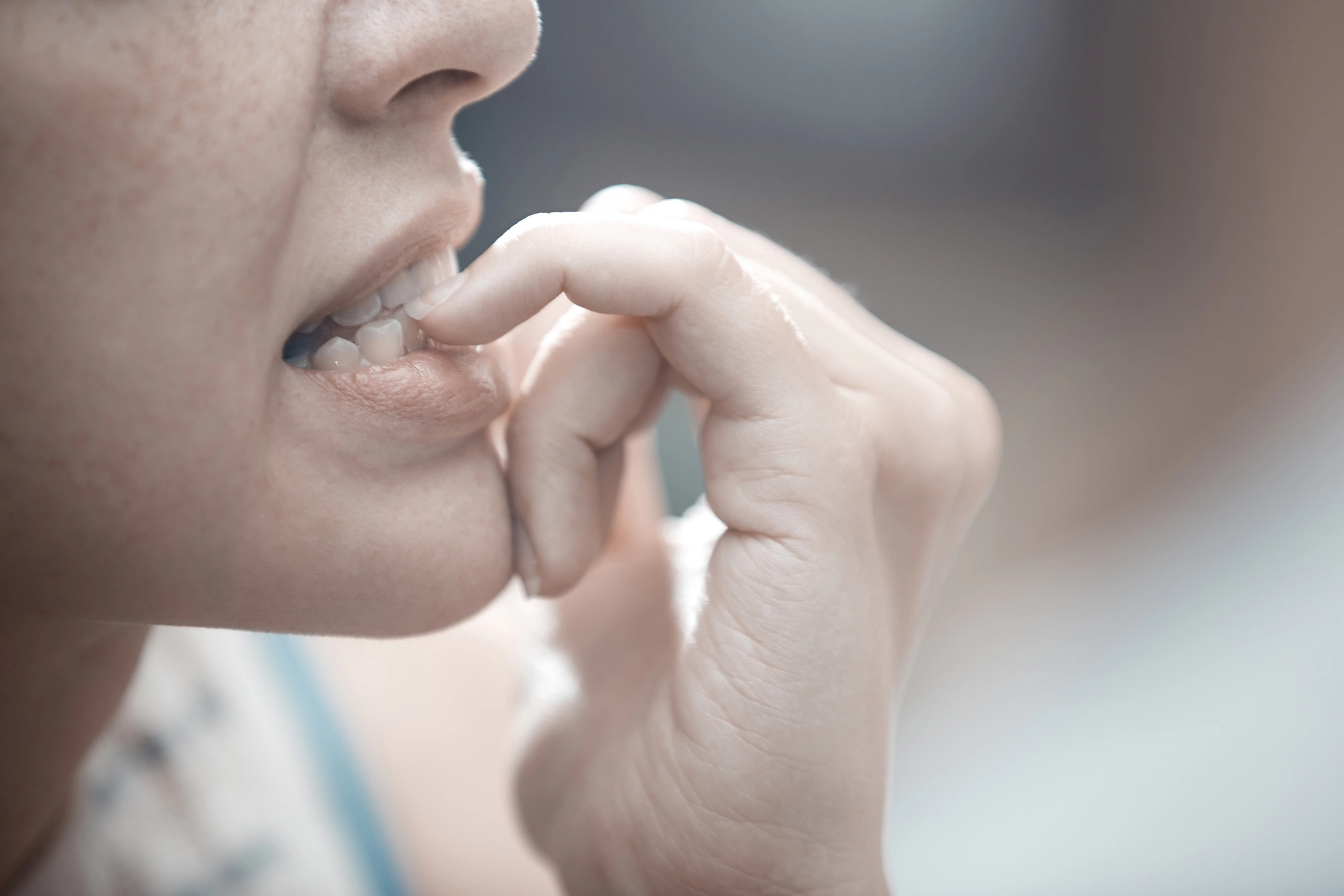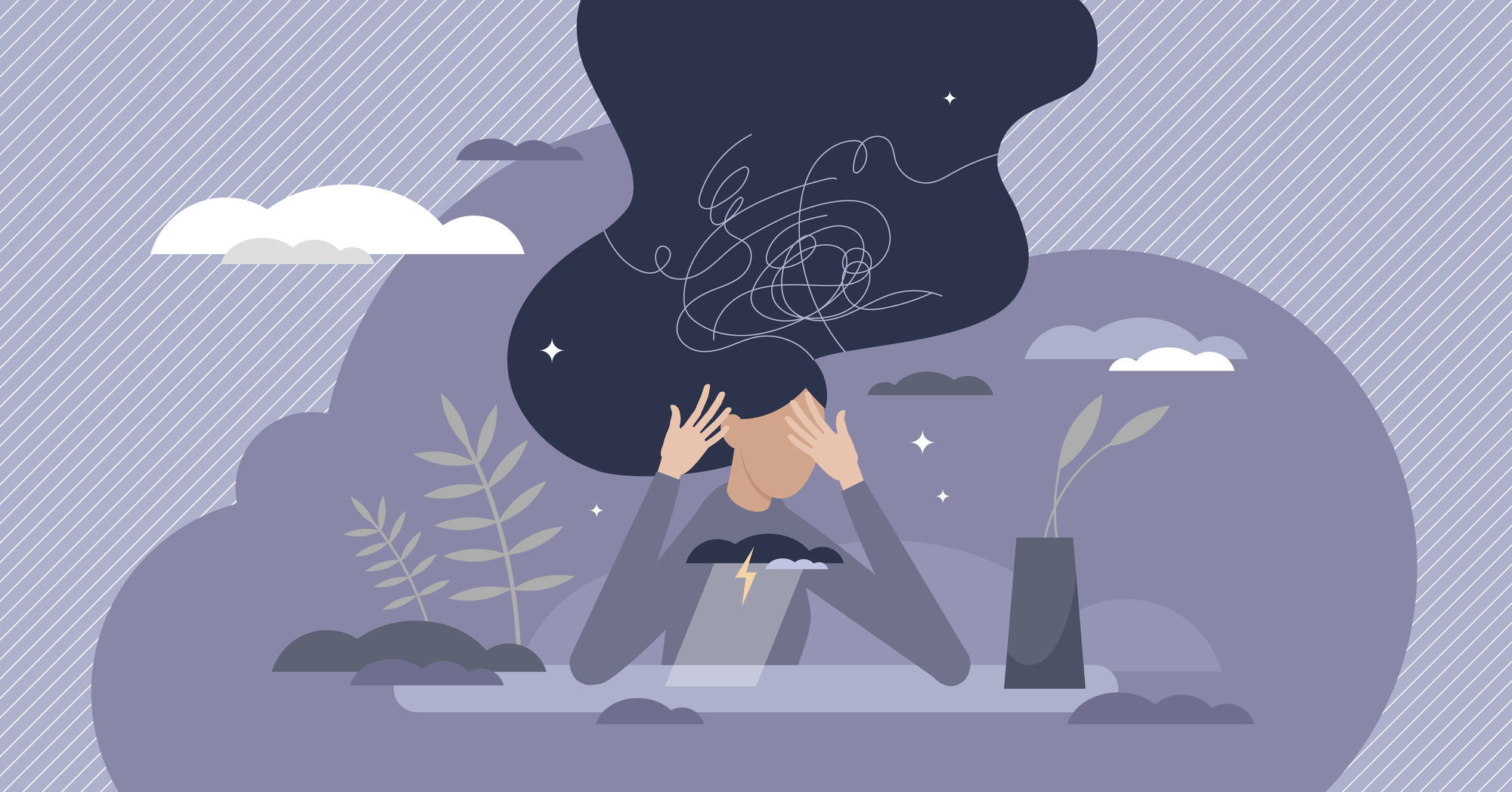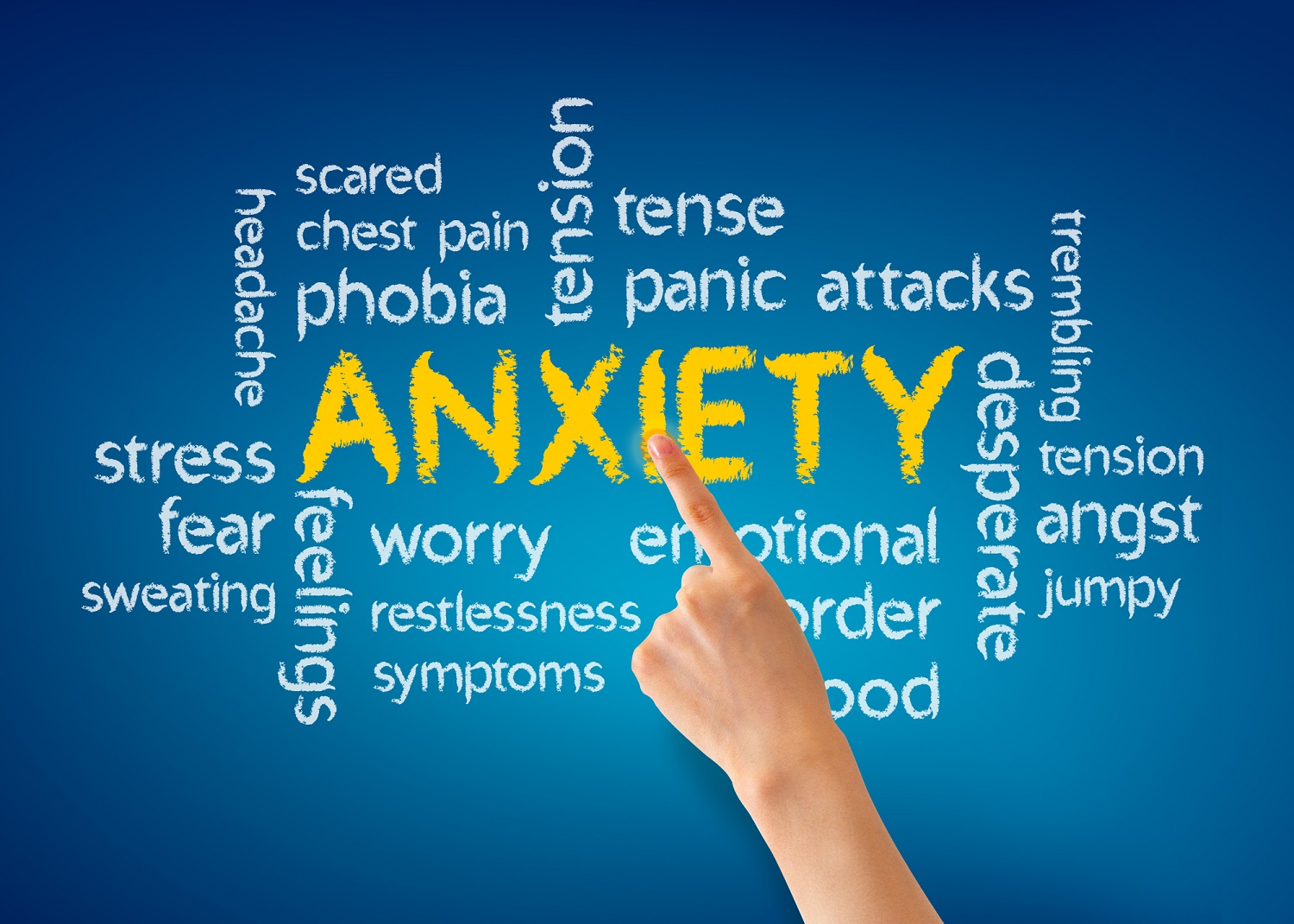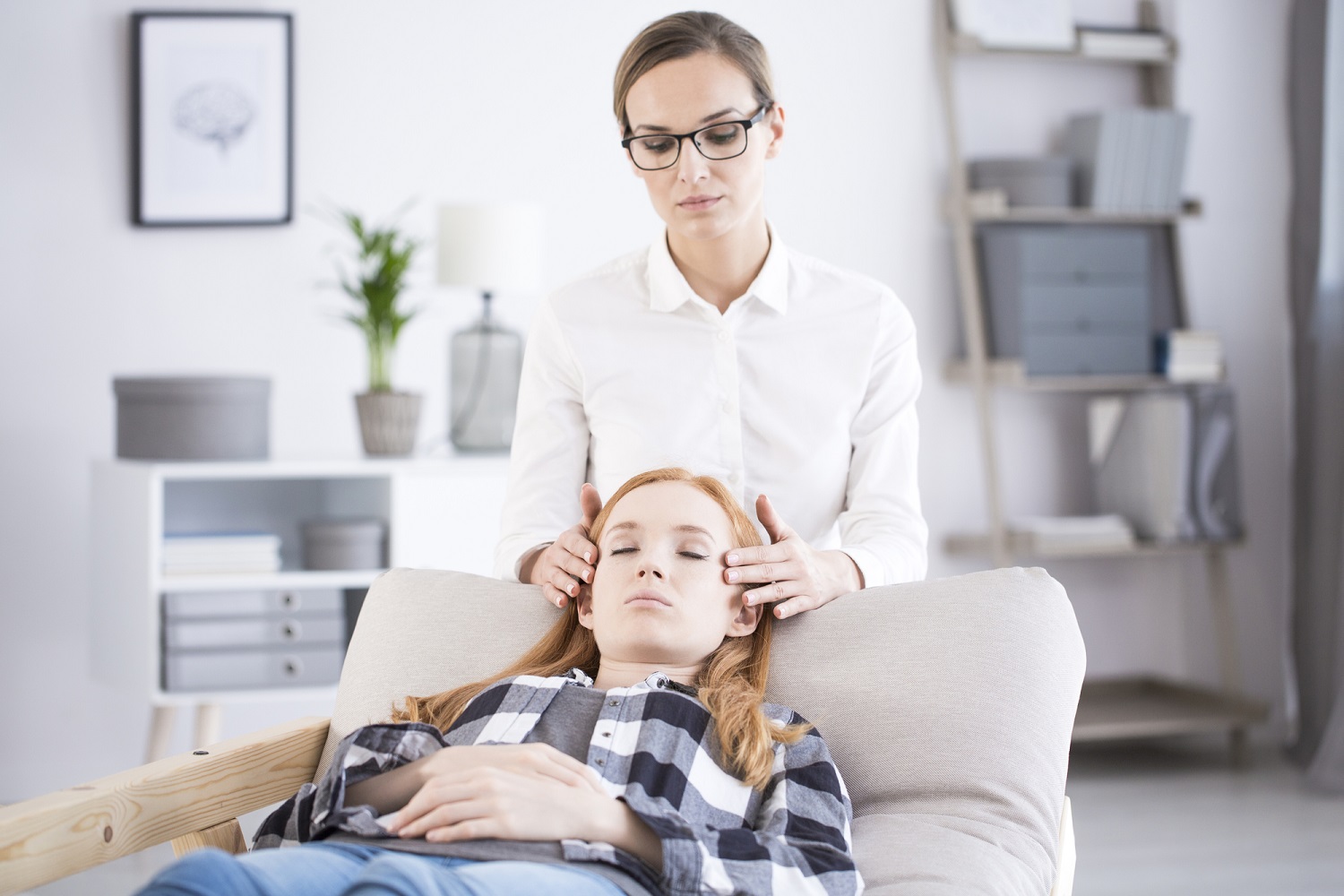One of the most crippling aspects of anxiety is how isolating it can be. The feelings of fear, worry, and panic, can attack even the most self-assured person and make them feel desperately alone. The irony is that despite these feelings of isolation, anxiety is the most common mental illness in America today. More than 40 million Americans suffer from an anxiety-related condition, ranging from generalized anxiety disorder to obsessive-compulsive disorder, or a specific phobia. That’s more than 18% of the population. For some people, anxiety makes their lives difficult, and they may struggle on occasion. However, there are others who experience such extreme anxiety that they are not able to obtain meaningful work or engage in positive relationships with others. Fortunately, many doctors now believe that ketamine infusion therapy can have a positive effect on the lives of those with extreme anxiety.
What is Anxiety?
The Anxiety and Depression Association of America (ADAA) characterizes patients with generalized anxiety disorder (GAD) as people who have a “persistent and excessive worry about a number of different things.” It isn’t just worrying about the bus being late or whether your child will hurt themselves playing on the playground- people with GAD worry on a continual basis, even when there’s no reason to be concerned. This condition affects an estimated 6.8 million Americans. There are other types of anxiety disorders that affect people on a daily basis, including obsessive-compulsive disorder (OCD), a disorder characterized by intrusive thoughts or unwanted behaviors that a person is unable to get away from. These behaviors and thoughts can be logical but are often quite irrational.
PTSD
Another disorder that’s characterized as an anxiety disorder is post-traumatic stress disorder (PTSD), which is a condition where people experience flashbacks or intrusive memories of a past traumatic event. Many military personnel experience PTSD after returning home from an active war zone and doctors believe now that the specific PTSD experienced by many service members may be a result of physical changes to the brain. Regardless of the event that caused it, PTSD can be extremely debilitating and is often accompanied by depression, other types of anxiety disorders, and substance abuse.
Common Treatments for Anxiety
Until recently, anxiety disorders like GAD and PTSD have primarily been treated by therapy, medication, or holistic treatments. Many doctors refer their patients to therapists who practice some kind of talk therapy, the most popular of which is cognitive-behavioral therapy (CBT). CBT practitioners help their patients understand their thought patterns more fully, and work with them to establish coping skills that will give them more control over their recovery. Therapy is often recommended in conjunction with medication.
Medications for Anxiety
Many people with anxiety also struggle with depression, and medications like SSRIs or SNRIs are designed to disrupt neurotransmitters to increase the amount of serotonin and/or norepinephrine in the brain. These medications are the most commonly prescribed antidepressants in the United States today, but they don’t work for everyone, and even when they do, it often takes weeks or even months for the patient to start seeing results. For people that are desperate for relief, this wait may not be something that they can tolerate.
Holistic Treatments for Anxiety
Some people turn to holistic treatments like medicinal herbs, relaxation exercises, and meditation to try and bridge the gap between getting their prescription and the medication taking effect. However, it can be difficult to get out to a yoga class, hit the gym, or journal if you’re unable to escape anxious thoughts. Patients with comorbid conditions like depression and bipolar disorder are often the ones who are unable to seek or complete treatment. They make up part of the 30% of patients with anxiety who never respond to treatment at all. For people who haven’t responded to medication, or don’t feel well enough to seek it out, there is hope. Ketamine has shown immense promise in helping give immediate relief from anxiety.
Can Ketamine Help?
Ketamine infusion therapy may be able to help people who are in need of immediate relief from their anxiety. Ketamine has been used as a sedative since it was developed in 1963, and studies from within the last decade have begun to prove its efficacy in treating patients who suffer from anxiety, depression, and chronic pain. Ketamine infusion therapy involves a trained medical practitioner giving a patient a small amount of ketamine either nasally or intravenously. Many patients responded to the ketamine in just an hour, reporting a 50% drop in their anxiety levels.
New Research in the Field
New research in the Journal of Psychopharmacology studied 20 subjects who were given 1-2 infusions of ketamine every week for three months. At the end of the study, 100% of patients improved, and 25% still showed improvements in their anxiety levels three months later. Another study published in January 2018 in Neuropsychopharmacology found that ketamine was an effective treatment for anxiety in eighteen test patients, especially if the patient also had a major depressive disorder. The researchers also came to the conclusion based on the evidence they found that ketamine may help treat symptoms of obsessive-compulsive disorder and PTSD. All of this is extremely promising news to patients who have suffered from treatment-resistant anxiety, depression, or PTSD and are longing for relief.
At Bespoke Treatment, we help our patients overcome anxiety, depression, chronic pain and mood disorders by understanding our patients first and then setting up a treatment plan for them for optimum benefits. If you’ve been suffering from anxiety that won’t respond to any other treatment, call today to request a consultation.


